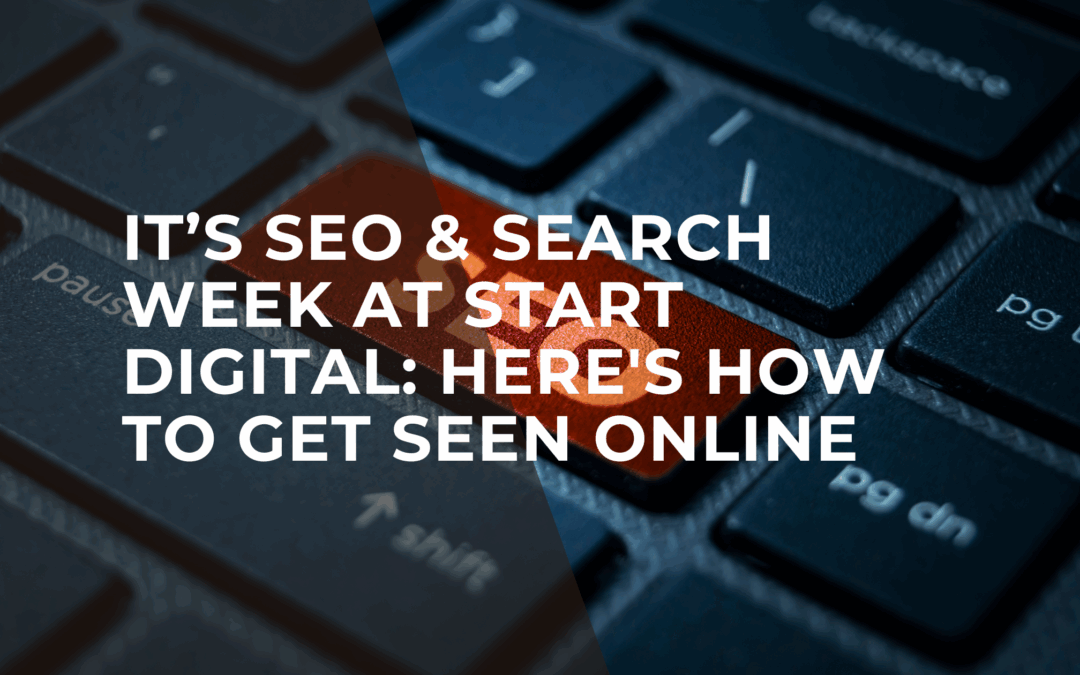By Ben Farrington 30/09/2024

In today’s digital age, businesses collect vast amounts of customer data to improve services, personalize experiences, and drive growth. While the benefits of data collection are immense, one thing is clear: customer data security is more critical than ever. Whether you’re a small business or a large corporation, safeguarding your customers’ information isn’t just a regulatory obligation—it’s an ethical responsibility and a cornerstone of trust.
Here’s why customer data and its security should be top priorities for every business.
- Building and Maintaining Customer Trust
Trust is the foundation of any successful relationship, especially in business. Customers entrust companies with sensitive data, including personal information, payment details, and purchasing behavior. If a company fails to protect this information, it risks losing customer confidence, which can be difficult or even impossible to rebuild.
When businesses demonstrate that they prioritize data security, customers are more likely to engage, share information, and remain loyal. On the flip side, a data breach can damage your reputation and lead to customers abandoning your brand.
- Compliance with Data Protection Laws
With the introduction of regulations like the General Data Protection Regulation (GDPR) in Europe and the California Consumer Privacy Act (CCPA) in the U.S., governments worldwide are cracking down on data privacy violations. Businesses that fail to comply with these regulations face hefty fines, legal penalties, and restrictions that can severely impact operations.
These laws emphasize that customer data should only be collected with consent and must be adequately protected. Neglecting these obligations not only harms customers but can also result in severe financial consequences.

- Preventing Financial Losses
Data breaches are costly. According to IBM’s 2023 Cost of a Data Breach Report, the average cost of a data breach is approximately £4.15 million. These expenses include legal fees, settlements, notification processes, and even public relations efforts to manage the aftermath. For small businesses, a single breach can be catastrophic, leading to operational shutdowns or even closure.
Investing in robust data security measures is a proactive way to avoid the financial fallout of a breach, while also safeguarding the long-term sustainability of your business.
- Maintaining Competitive Advantage
In the age of digital transformation, customer data can offer significant insights, enabling businesses to tailor products, services, and marketing strategies. However, these benefits come with the responsibility of protecting that data. Companies that can guarantee data security gain a competitive edge, as customers are more inclined to engage with businesses they perceive as safe and reliable.
On the contrary, companies that experience data breaches not only lose customers but also face increased competition from businesses with stronger data security policies.
- Securing Intellectual Property
While customer data is a primary focus of security efforts, businesses should also protect their own intellectual property (IP). Confidential business data, strategies, and proprietary technologies can all be vulnerable if a company’s cybersecurity is weak. A breach doesn’t just expose customer data; it can also compromise trade secrets and give competitors an unfair advantage.

- Evolving Threat Landscape
Cyberattacks are becoming more sophisticated. Hackers are constantly developing new methods to steal, manipulate, or exploit data, and businesses must keep up. Phishing attacks, malware, ransomware, and insider threats are only a few of the many risks that organizations face today. By continuously improving data security protocols, businesses can stay ahead of these evolving threats and mitigate risks.
This also means regularly updating software, employing encryption, using multi-factor authentication, and conducting employee training to ensure data security best practices are followed.
- Data Breach Recovery is Lengthy and Costly
Even with the best cybersecurity practices, no business is 100% immune to attacks. However, recovery from a data breach can take months or even years, involving extensive legal processes, forensic investigations, and customer outreach efforts. During this time, customer trust continues to erode, further damaging brand reputation. This makes preventative security investments not only smart but also essential to long-term business health.
Conclusion: Prioritize Data Security to Drive Business Success
In the modern business landscape, data is one of your most valuable assets, but it comes with significant responsibilities. Customer data security isn’t just about protecting information; it’s about safeguarding relationships, maintaining trust, and ensuring compliance with ever-evolving regulations. Businesses that prioritize data security will thrive in a digital-first world, while those that neglect it risk falling behind.
By investing in strong cybersecurity measures, adopting transparent data collection practices, and staying informed on the latest regulations, businesses can turn customer data into a competitive advantage rather than a potential liability.
Final Thought: Think Security First, Think Digital First
In an age where customer data is both a resource and a responsibility, adopting a “Think Digital First” mindset should include data security at its core.













